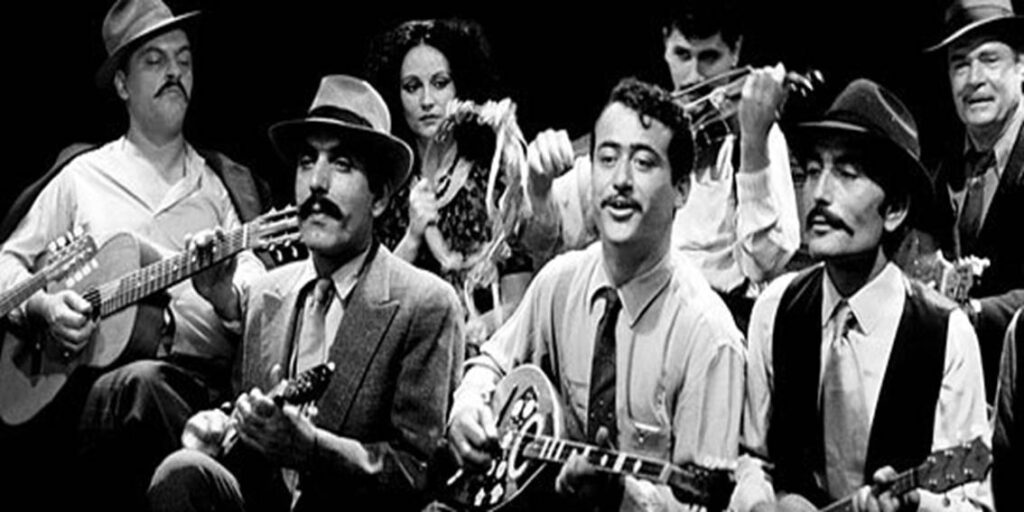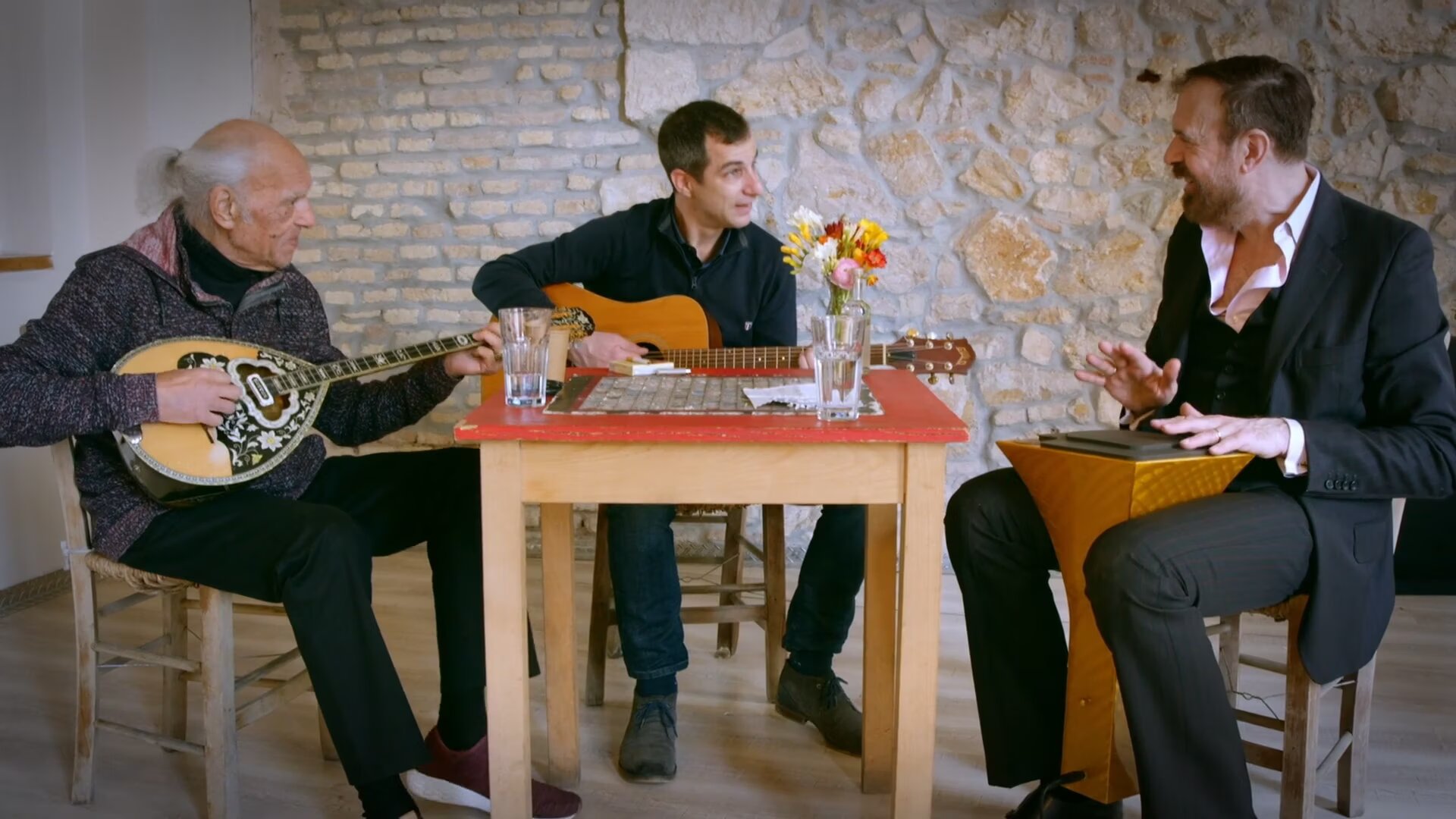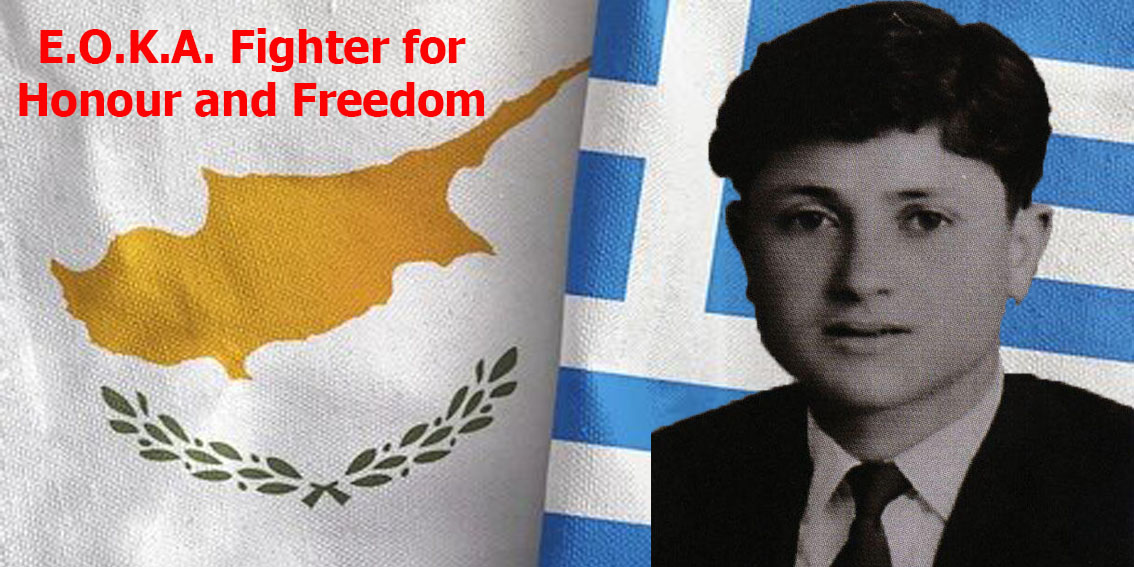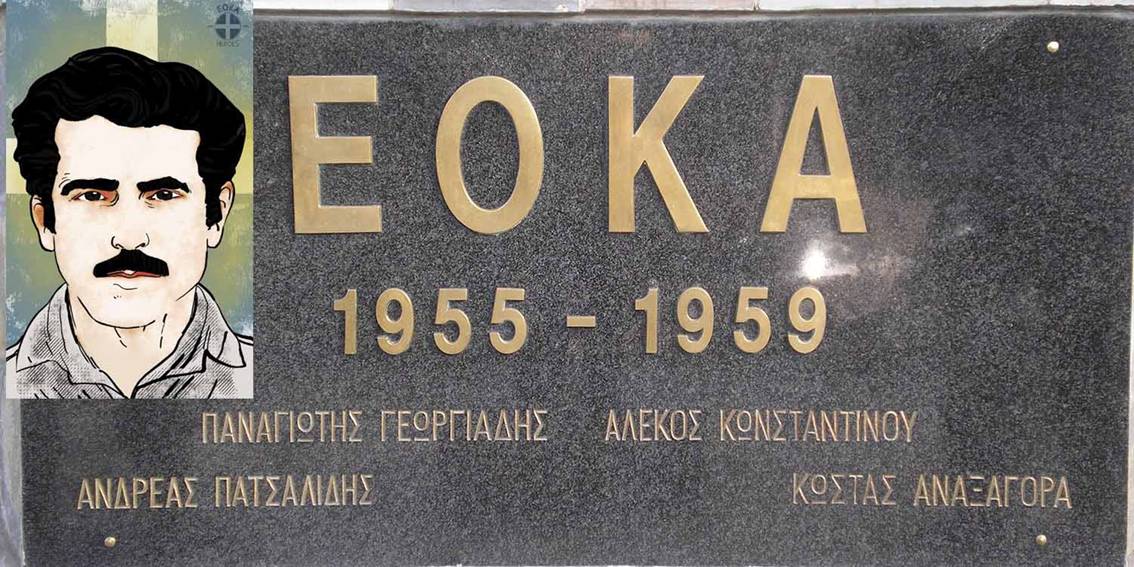Origins of Rembetika
Known as the “Greek blues,” Cypriot rembetika began to develop in the early 20th century within the working-class communities of both Greece and Cyprus. In bustling port towns and urban neighborhoods, musicians created songs that told stories of sorrow, exile, love, and everyday hardship. Drawing from personal experiences, these artists infused their music with deep emotion and honesty. The genre found a strong presence in Cypriot cities like Limassol and Nicosia, where migration and cultural blending helped it thrive.
Instruments and Style
Traditional rembetika performances feature instruments such as the bouzouki, baglamas, violin, and guitar. With its sharp metallic resonance, the bouzouki often takes the lead, weaving both mournful tunes and energetic riffs. A steady, syncopated rhythm from the accompanying instruments gives the songs a compelling drive. Emotion plays a central role, as vocalists pour their feelings into each lyric, echoing themes of hardship, passion, and perseverance. This gritty, expressive style gives rembetika its powerful identity.

Themes and Lyrics
The rembetika lyrics focus on life’s raw and unfiltered realities. Poverty, heartbreak, addiction, and social injustice all feature prominently in the songs. Joy and resilience, however, also find their place—love, friendship, and perseverance shine through. Marginalized voices speak through these lyrics, revealing stories of people often left unheard. In Cyprus, local musicians incorporate Greek influences while infusing the songs with island dialects and personal narratives, creating a distinctly Cypriot sound.
Cypriot Contributions to Rembetika
Influential Cypriot musicians helped define the Rembetika sound over the years. These artists drew on folk traditions and used the Cypriot dialect to express the struggles and spirit of their communities. Their lyrics touched on political turmoil, economic hardship, and everyday survival. Despite attempts at censorship, performers kept the genre alive through passionate live shows and popular radio broadcasts. Preservation of the music became a quiet act of resistance and cultural pride.
Modern Revival and Legacy
Younger musicians in Cyprus have rediscovered Rembetika and brought it into the present. Forming bands and experimenting with sound, they reinterpret classics and compose new songs with modern themes. Live music venues, cultural festivals, and academic programs now support this revival and bring new audiences to the tradition. By connecting past and present, Rembetika continues to evolve while staying rooted in its origins.
More than a musical style, Cyprus Rembetika captures the spirit of its people. Stories of struggle, hope, and identity echo in every note. With heartfelt performances and timeless lyrics, this powerful tradition endures across generations.
You May Like This:
The Cyprus Dance of Tatsia: https://anatolikilemesou.com/?p=1303
The Cyprus Dance To Drepani: https://anatolikilemesou.com/?p=1242
The Cyprus Dance The Kouza: https://anatolikilemesou.com/?p=1226
The Cyprus Folk Dance “The Syrtos”: https://anatolikilemesou.com/?p=1210
The Cyprus Folk Dance “The Potiri”: https://anatolikilemesou.com/?p=1191
The Pithkiavli Music Instrument: https://anatolikilemesou.com/?p=1289




